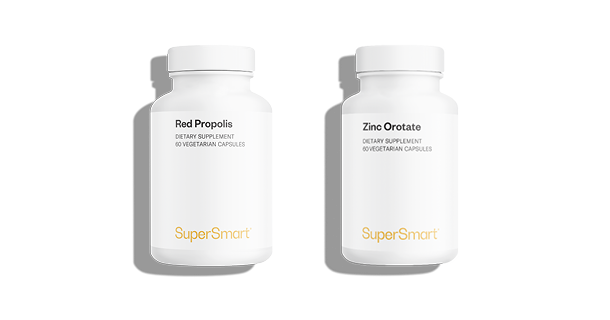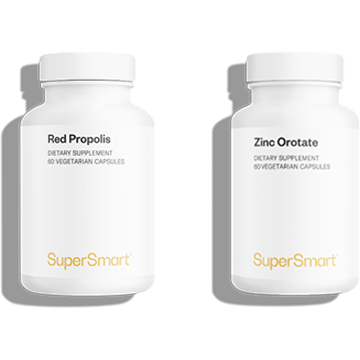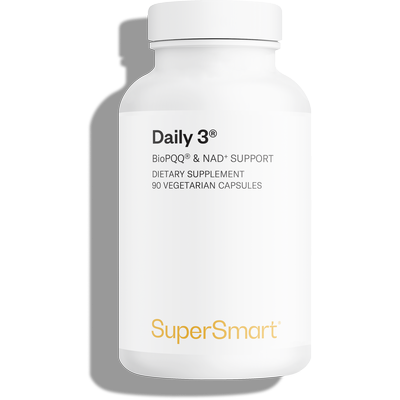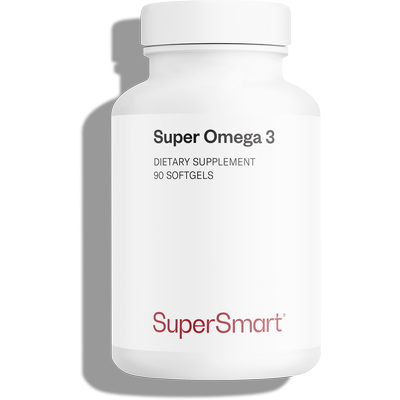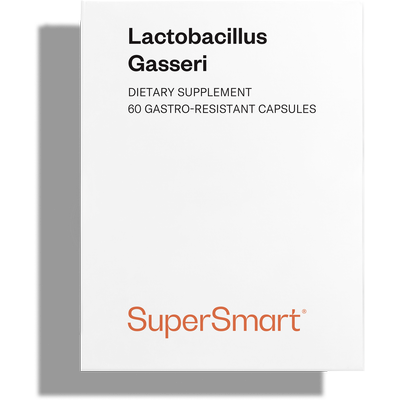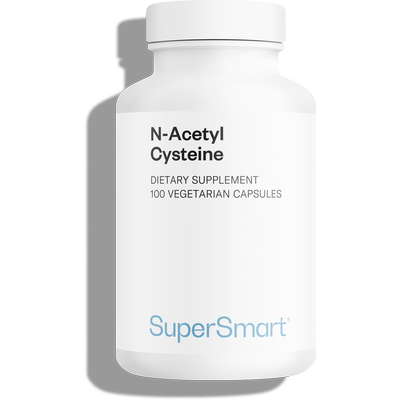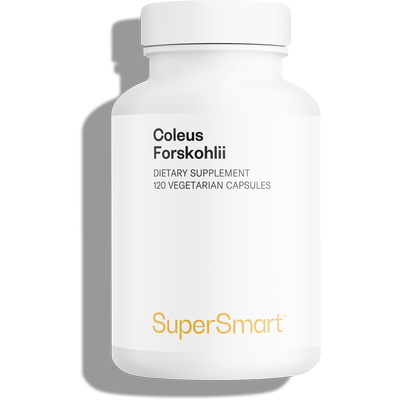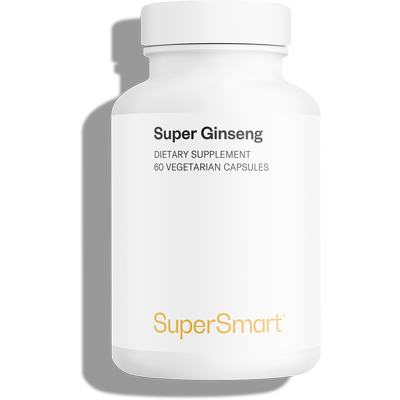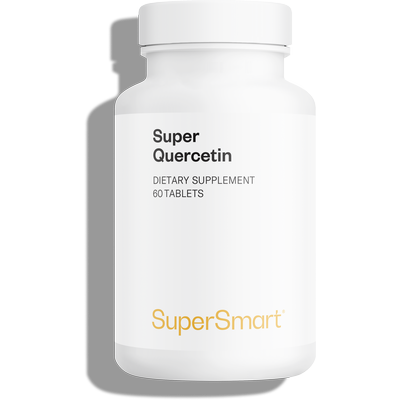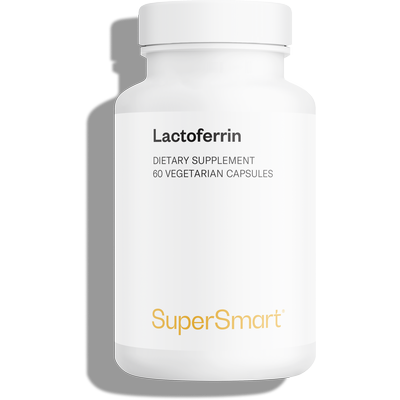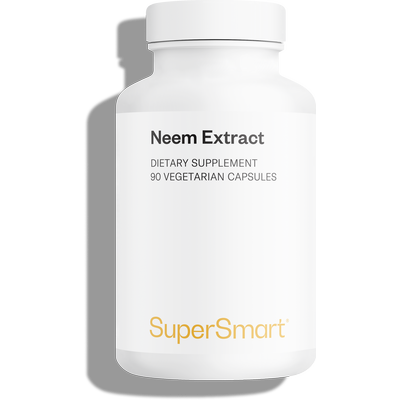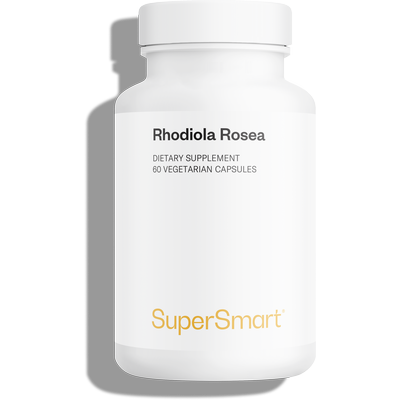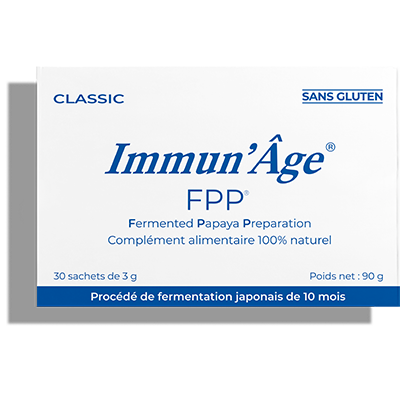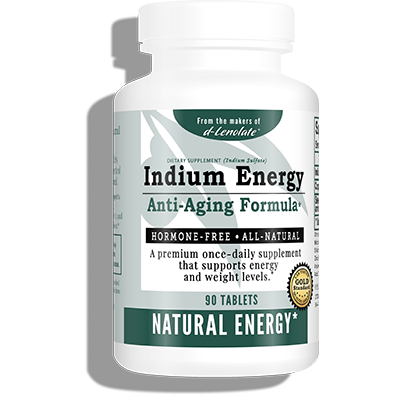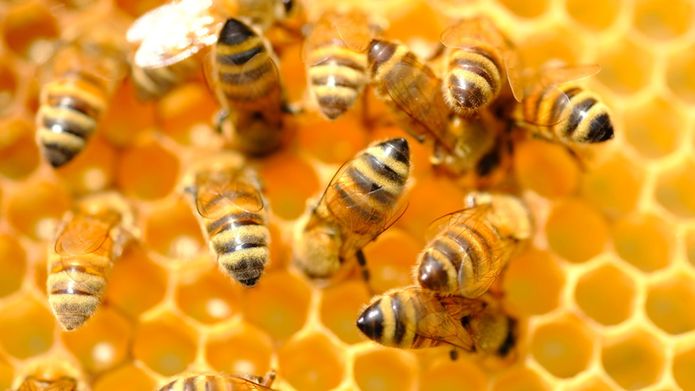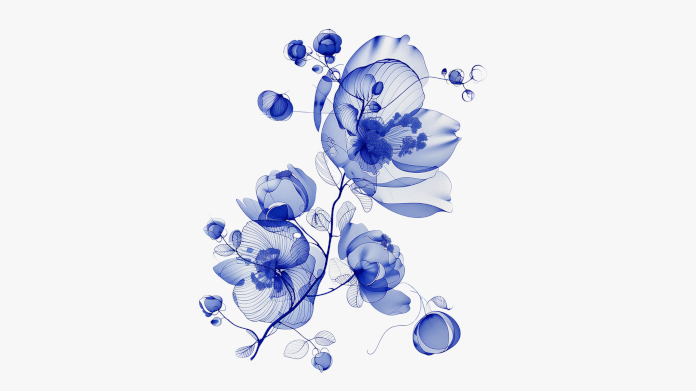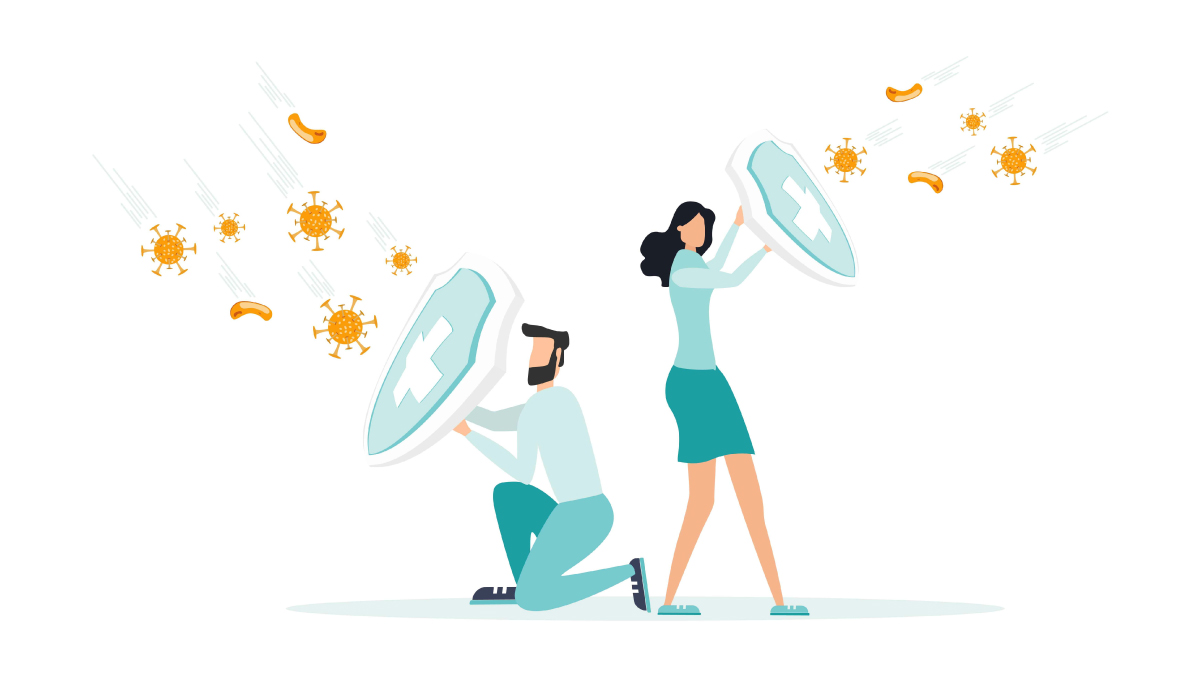In stock
Red Propolis + Zinc Orotate
Complete your selection
What is in it Red Propolis + Zinc Orotate
Any questions?
Propolis is a sealant used by bees for strengthening the hive interior, making it more air- and water-tight and better-able to resist microbial and fungal attack. The bees make it from anti-pathogenic resins (18-19) gathered from tree buds and bark, which they mix with wax and saliva. The propolis is then collected by beekeepers by scratching the ‘frames’ of the beehive, after which the wax and impurities are removed. The final product is a complex concentrate of phytonutrients from the tree buds and micronutrients from the bees.
In Europe, bees make propolis from poplar trees or conifers. In Brazil, however, where ecosystems are infinitely richer, there are around 13 types of propolis which vary depending on the plant source used by the bees. They include red propolis, recognised as the variety containing the most antioxidant phytonutrients and demonstrating the highest antioxidant activity(20). It gets its red colour from a unique flavonol pigment called retusapurpurine (21).
It is produced from a climbing tree with vine-like branches: Dalbergia ecastophyllum (22-24) which grows in the mangroves (swampy tropical forests) of northern Brazil. In this extraordinary environment, far from intensive farming, the bees collect a bright red, resinous exudate, which is associated with the presence of a local parasite.
Green propolis is produced by bees in southern Brazil from a completely different species called Baccharis dracunculifolia (25).
Most meats and nuts contain good levels of zinc, and it is also found in some other foods:
- Oysters: 15-30mg per 100g.
- Calves’, beef or pig’s liver: 6-12mg per 100g.
- Beef: 7-12mg per 100g, depending on the cut.
- Sesame seeds: 3mg per 60g.
- Chicken: 3mg per 100g.
- Dried mushrooms: 3mg per dozen mushrooms.
- Cooked pulses: 2-3mg per 250g.
The body only absorbs 15%-40% of the zinc present in food, and this figure also declines with age.
Red Propolis is an exceptional, natural and very rare product (annual production in Brazil is estimated to be just 1-2 tons), the manufacture of which relies on high-quality French extraction facilities.
- It’s the most bio-rich, effective and rarest of all the varieties of propolis.
- It comes in capsule form and thus leaves no bitter taste in the mouth.
- The fact that it’s freeze-dried means all the properties of its ingredients are well-preserved with a long ‘shelf-life’. This is not the case with fresh, chewable propolis, the quality of which is often mediocre.
- It contains much higher levels of isoflavones than other types of propolis, which helps improve symptoms of the menopause.
- It’s the best natural product for supporting the immune system throughout the winter period and in stressful situations.
Though our bodies need very little zinc, intake of this trace-element is nonetheless essential.
As a result of changes in our eating habits, advanced farming techniques, impoverished soil and the almost inevitable refinement of cereals, mild deficiencies are common among modern societies.
This is particularly so among the following populations:
- Those over 50 who often have inadequate zinc levels and reduced cellular immunity (5-6), primarily due to a decline in absorption of zinc in the gut and the effects of taking numerous drugs (7).
- Those who eat little meat and fish. This is because the main dietary sources of zinc are meat, fish, and seafood, with pulses and nuts some way behind.
- Those suffering from chronic conditions such as diabetes, who always have increased requirements for zinc (8).
- Alcoholics.
- Those with compromised immunity.
Need help?
You may also like

